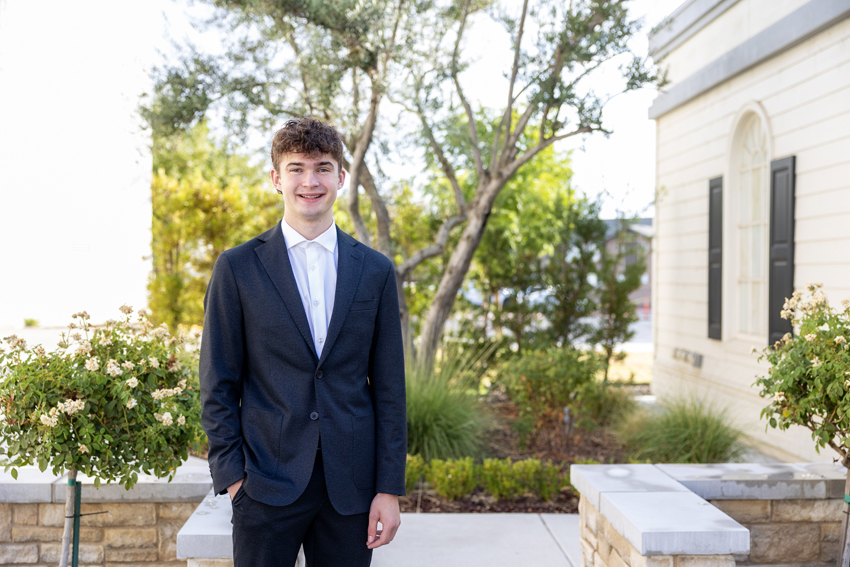According to United States fact sheet Census 2000, the average family size is 3.14 and the average house-hold size 2.59. While many people live the seemingly “average” life with tract home, double income and four-person family, some live on a much larger scale.
TV shows such as The Brady Bunch, 7th Heaven, Jon & Kate Plus Eight and Cheaper by the Dozen are examples of fictional and authentic large families in entertainment. They are also examples of how the American public finds big families entertaining.
Having more then two children creates many difficulties smaller families do not have to face. Schooling, car space, clothing and space at the dinner table pose as obstacles to be confronted.
From personal experience, a position with four younger siblings, ages 15, 11, 8 and 6 has drawbacks. Responsibility and baby-sitting can many times conflict with my plans and expectations for weekends and after-school hours. Because I am the only child with my drivers’ license, I am required to drive my siblings to various activities such as choir, horseback riding lessons or study sessions.
My mom often interrupts my workouts or homework time yelling, “Melissa! You have to take your sister to riding!” Instead of letting this irritate me, I try to change my attitude to be positive, and understand that part of being in a large family is taking responsibility. While some may see this as a downside, there are many perks to being one of seven.
Having multiple brothers and sisters is entertaining on a regular basis. There are always things to do and people to hang out with. On weekends when my friends are all out of town or busy, I can simply go to ice cream with my sisters or have a sleep-over in the backyard. Family vacations and trips are also memories that can never be replaced, and they would not be the same if I had to go alone.
In a large family meal times can be very interesting experiences. When all are finally seated quietly before prayer, it is usually brought to attention that there is not enough casserole to go around or enough chicken wings. An immediate silences falls over the room as the 14 eyes stare at the rations intently. We slowly bow our heads for prayer, our eyes lingering on the seemly shrinking amounts of food.
As my dad says grace I see my brother’s hand slowly detach from my sister’s and inch towards the bread basket. As the prayer draws to a close and amen is finally uttered, my sister lunges to re-grasp my brothers hand and steal the bread, but his hand, already buried in the basket, avoids hers.
Recoiling back with a quick swipe, her hand knocks over a full cup of milk sending it all over her lap and my brother’s. The disaster that happens was all a result of the animalistic instinct “survival of the fittest” that had suddenly arisen when the thought of not receiving a piece of bread occured.
When children are left alone, trouble also tends to find or follow them. A few years ago when my family purchased a new SUV, being that we cannot fit in any other model vehicle, my dad was very excited and proud of the new addition.
Its shiny paint and clean exterior must have been an attraction to my younger sister Emily, now 8, because later that afternoon when left alone outside, she managed to carve her name in the side of our new car with a rock.
Her pride in the artistic piece of work that adorned the side of the car was not pleasantly received by my furious father. It is instances like this that remind me why reality TV focusing on large families is so popular in America.
There are many struggles that accompany big families such as budgeting, but there are many benefits as well. The entertainment is top-notch, and at carnivals or church picnics you can practically have your own baseball team or cheering section.
While responsibility and patience are never easy lessons to learn, it greatly helps my tolerance and attitude towards children. The love and acceptance felt in the presence and company of my family is something that could never be replaced by all the material things or personal space in the world.






